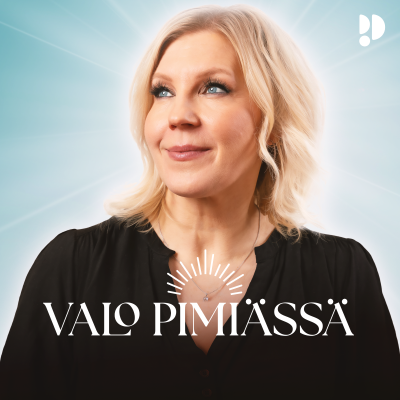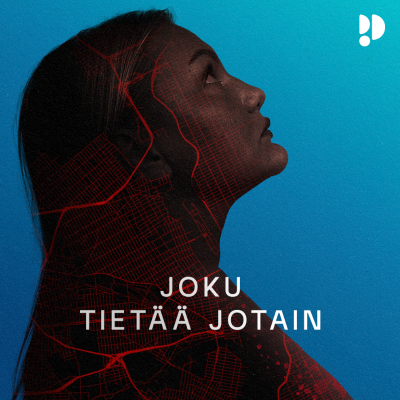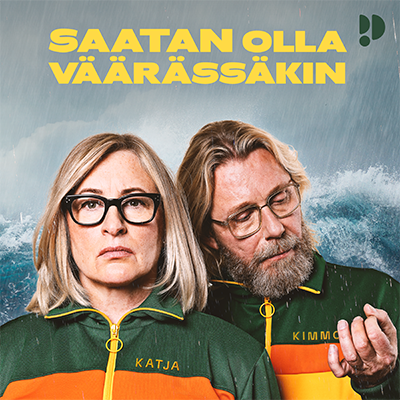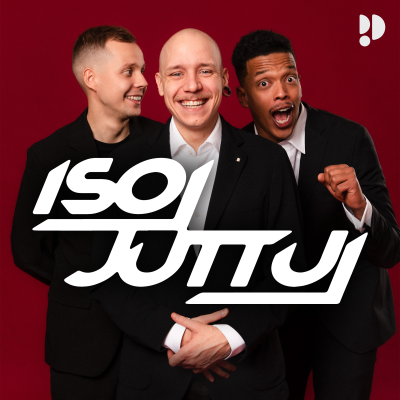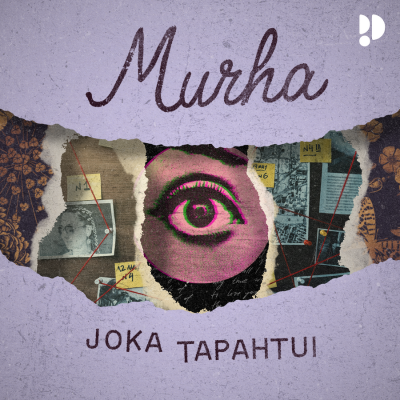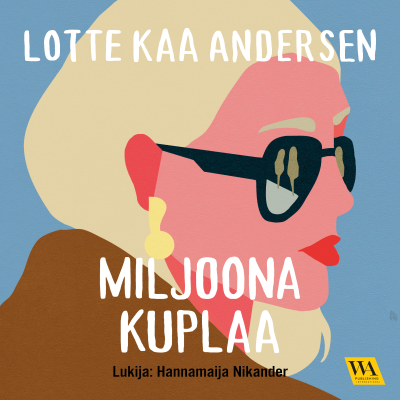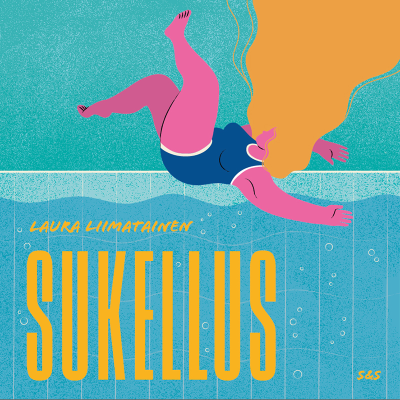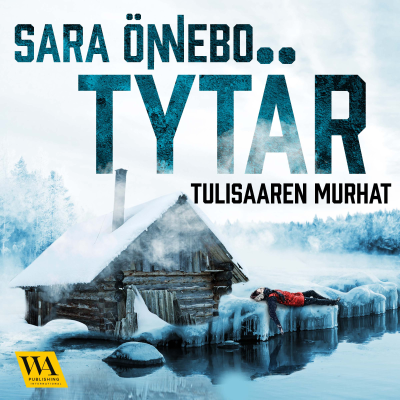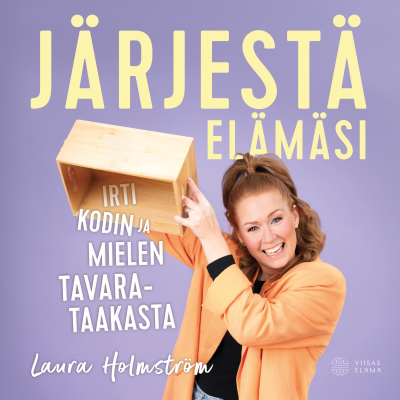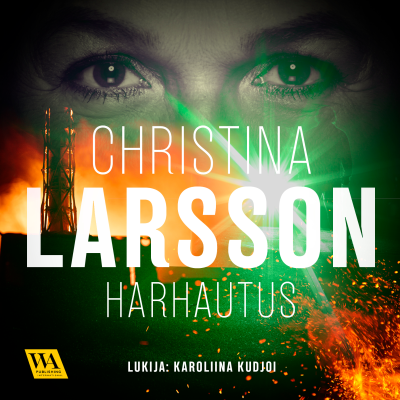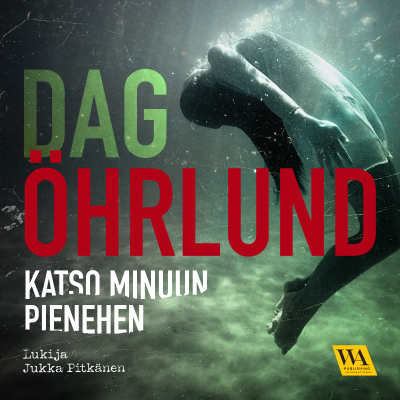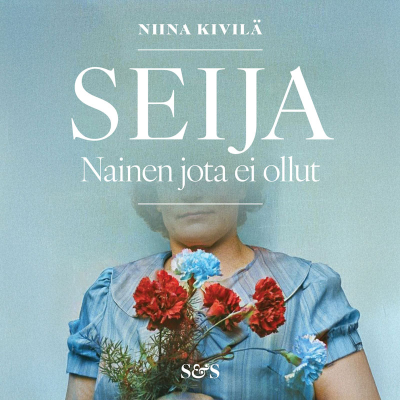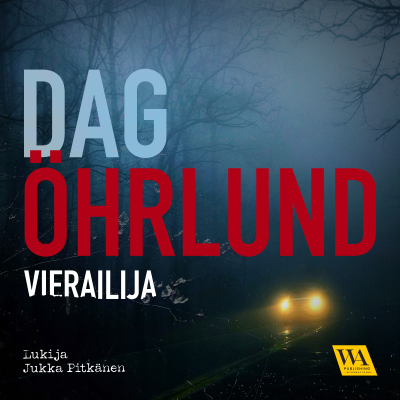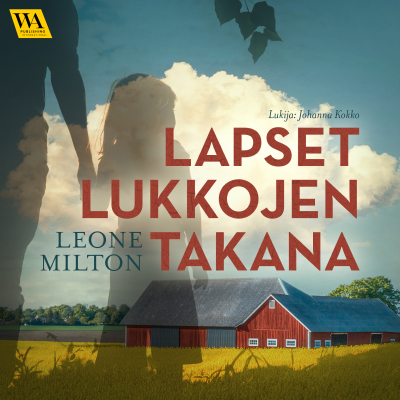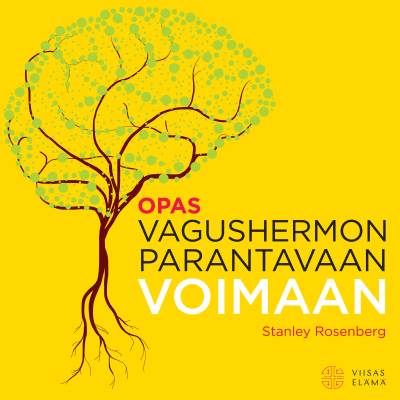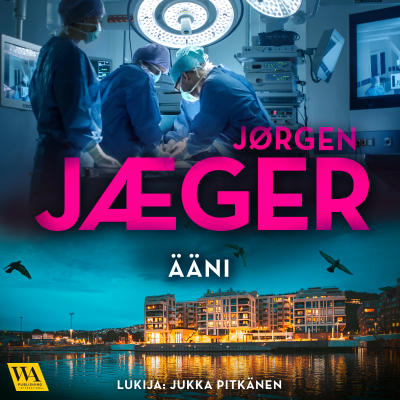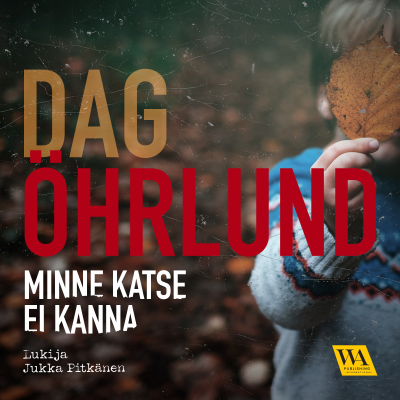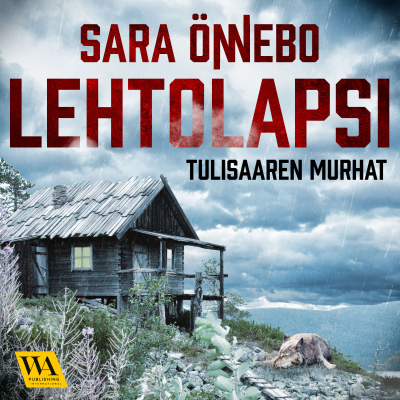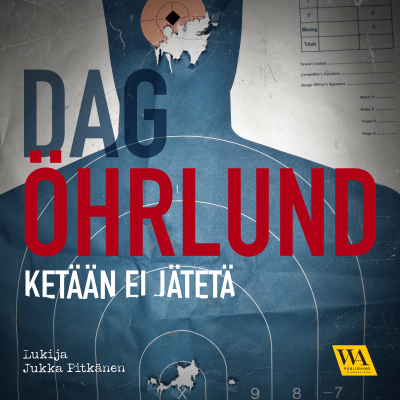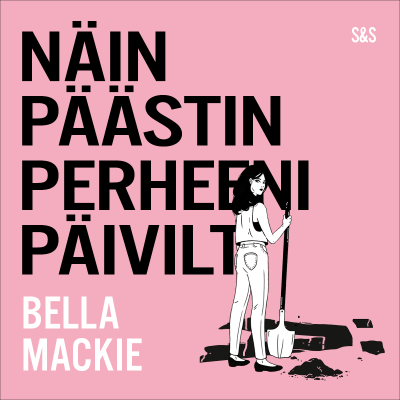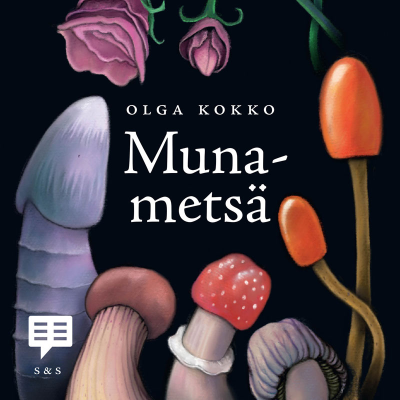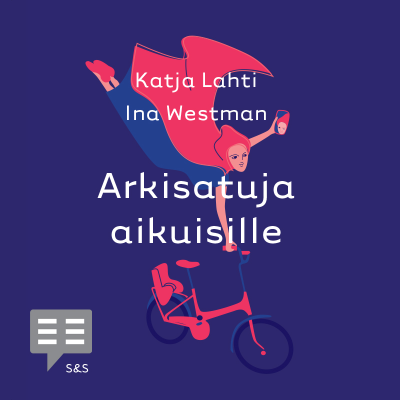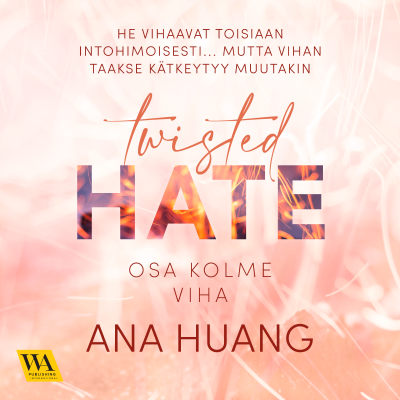
Tiedettä ja sirkushuveja - vanhojen aikojen podcast
Podcast by Jenni Kuuliala
7 vrk ilmainen kokeilu
Kokeilun jälkeen 7,99 € / kuukausi.Peru milloin tahansa.
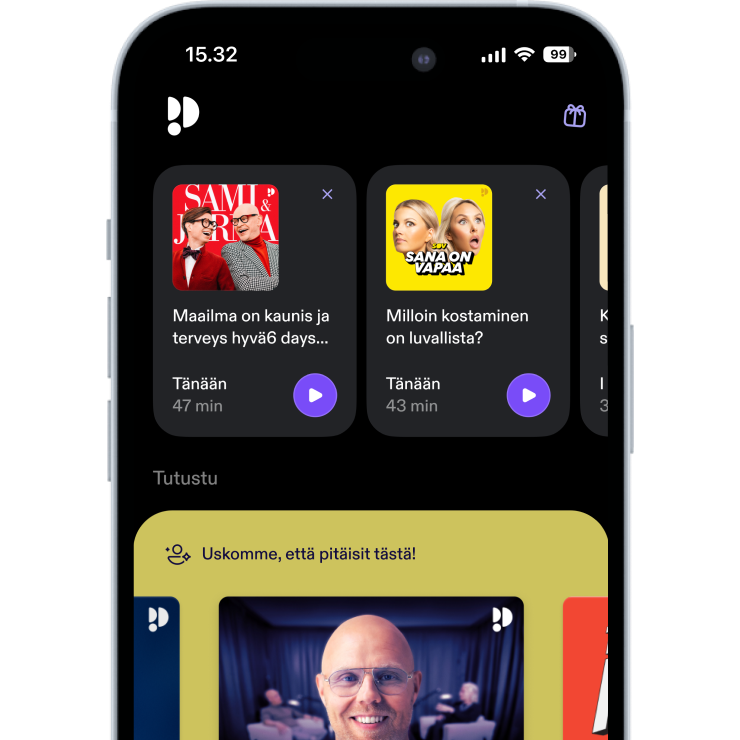
Enemmän kuin miljoona kuuntelijaa
Tulet rakastamaan Podimoa, etkä ole ainoa
Arvioitu 4.7 App Storessa
Lisää Tiedettä ja sirkushuveja - vanhojen aikojen podcast
Tiedettä ja sirkushuveja – vanhojen aikojen podcastia tekevät Tampereen yliopiston antiikin, keskiajan ja uuden ajan alun tutkimuskeskus Triviumin jäsenet. Podcastissa keskustellaan vanhempien aikojen historiasta eri tieteellisistä näkökulmista. Ensimmäisen kauden aiheita ovat muun muassa hirviöt, magia, ja meille niin ajankohtaiset kulkutaudit. Liikumme myös Euroopan alueen ulkopuolelle, Kolumbian alueen alkuperäiskansojen pariin. Uudet jaksot julkaistaan torstaisin. Tervetuloa mukaan! Jaksojen tekstiversiot tulevat ladattavaksi sivulle https://research.tuni.fi/trivium-fi/podcast/
Kaikki jaksot
24 jaksotIn this episode Riikka Miettinen and Mari Eyice discuss disability and lived religion in early modern Sweden. They talk about the impact of religion in the ways people lived with disabilities and how disabled people participated in the religious lives of their societies. During the discussion, Riikka and Mari also guide the listeners to the exiting Swedish sources available for disability history.
Medievalist and art historian Karen McCluskey joins Daniel Blackie to discuss disability in the Middle Ages. They talk terminology, how to use art as an historical source for disability history, and ponder the meanings of graffiti. Along the way, Daniel meets Fina of San Gimignano for the first time and Karen reflects on Frida Kahlo’s famous and arresting artwork,The Broken Column.
The good ship ‘Disability and Lived Religion’ sails on to late-medieval France to learn about mad individuals, their communities, and fractures in the care provided by these communities. Godelinde Gertrude Perk interviews Aleksandra (“Sasha”) Pfau, James and Emily Bost Odyssey Professor of History at Hendrix College, Arkansas, and author of Medieval Communities and the Mad: Narratives of Crime and Mental Illness in Late Medieval France (AUP). The episode introduces us to several late-medieval individuals with mental illness, challenges particular preconceptions about medieval mental illness that we may have brought on board (the religious model was present, but not omnipresent), and equips us with several parallels between disability studies and Sasha's findings as (sea) food for thought.
The fourth season of the podcast is produced by the research project ‘Disability and Lived Religion’ and will be in English. Project members Daniel Blackie and Riikka Miettinen outline what awaits intrepid explorers who join them and the rest of the crew on a voyage into disability history. Plotting a course through the meanings of disability past and present and the role lived religion has played in shaping these, Daniel and Riikka discuss the journey ahead, stop to discuss the revealing recollections of a former factory lad and make a tentative stab at defining some of the season’s key terms.
Keskiajan ja uuden ajan alun ihmisille kuolema oli vahvemmin läsnä arkielämässä kuin nykyihmiselle. Lapsikuolleisuus ja kuoleminen moniin nykyään lääketieteellisesti hoidettavissa oleviin sairauksiin ja tartuntatauteihin oli yleisempää. Ihmisiä myös ohjeistettiin omaksumaan aktiivinen rooli kuolemaan valmistautumisessa. Mitä kuolemaan valmistautuminen käytännössä tarkoitti? Millaisia olivat hyvä ja huono kuolema keskiajalla ja uuden ajan alussa? Tässä jaksossa aiheesta keskustelevat Jyrki Nissi, Riikka Miettinen sekä Saku Pihko.

Arvioitu 4.7 App Storessa
7 vrk ilmainen kokeilu
Kokeilun jälkeen 7,99 € / kuukausi.Peru milloin tahansa.
Podimon podcastit
Mainoksista vapaa
Maksuttomat podcastit

